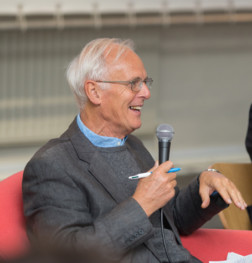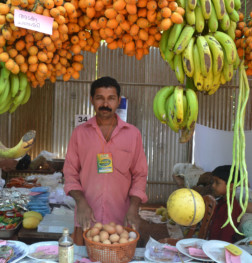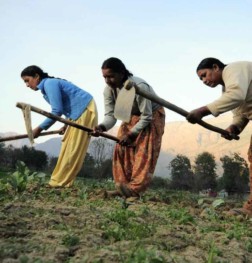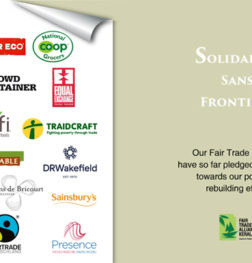
What kind of a world are you paying for?
04 June 2018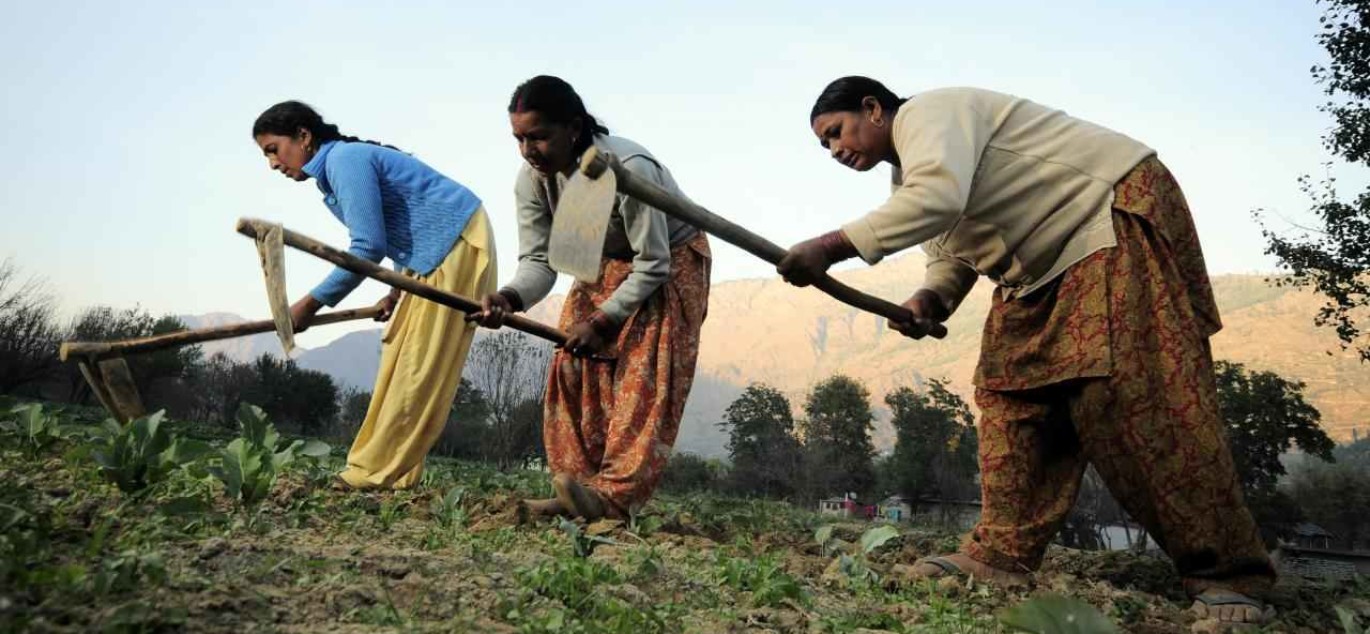
Ruchi Marshal writes about the Fair Trade movement and its role in promoting ethical consumerism.
Going organic is the new conscientious cool. Products with rustic packaging, tagged as ‘Fair Trade Certified’ have probably caught your eye, usually spotted on handicrafts, coffee, cocoa, tea, honey, spices, even gold. The concept is slowly picking up within the Indian market, but could do with wider embrace.
The movement started about three decades ago when a handful of Dutch pioneers and Mexican coffee farmers demanded a fair price for their produce. It has since inspired innumerable farmers, producers and artisans worldwide, to fight for their rightful dignity.
In India, the agricultural scenario is plagued by mounting debt from exorbitant seed prices, increasing costs of production, an absence of farmers’ land rights, and unstable market prices. This has resulted in farmer suicides and inhuman work conditions: over 3,00,000 farmers have committed suicide in India since 1995. That’s nearly one farmer death every 30 minutes. As a result, most farmers have had to resort to contractual work with large agri-businesses, or accept menial jobs with unfair working conditions.
WHAT DOES FAIR TRADE MEAN?
When a consumer buys products featuring the fair trade logo, it means that the producers and traders have met the fair trade standards, designed to provide farmers a sustainable livelihood, while also protecting the environment.
Fair trade as a concept, upholds safe and hygienic working conditions for employees, the prohibition of forced/child labour, the promotion of gender equality, and accountability of all stakeholders, with respect for environmental practices, and social welfare for marginalised communities. The premium paid by a customer for a fair-trade-certified product goes directly to the employees, who collectively invest them in healthcare, children’s welfare, women’s leadership initiatives and finance programs to ensure a more secure future.
In India, there are approximately 1,40,000 workers and farmers, working with about 80 fair trade certified producer organisations. In India, women workers form 55% of the workforce on fair trade certified plantations. As India’s middle class enjoys a larger disposable income, the fair trade movement is now shifting its focus to selling Indian-made fair trade products locally. Fair Trade Forum-India (FTF-I), the National Network for Fair Trade in India and Fair Trade USA are a few organisations that offer fair-trade certifications in India.
Tomy Mathews, co-founder of the FairTrade Alliance Kerala, explains it simply. “Responsible consumerism should focus on converting India’s 300 million middle class (equivalent to Europe’s population – also the primary destination for the fair trade products), to pay their dues to the largest manpower base of our economy — the farmers — by paying a fair price for their food.”
DOES ORGANIC MEAN FAIR TRADE?
Consumers don’t need to choose between organic and fair trade certified products, as they have overlapping attributes. Organic certified products conserve our environmental resources, keeping health and nutrition front and centre. Fair-trade certified products help those who feed us — help them earn the best price for their products, improve their quality of life, and have access to basic human rights. It also calls for maintaining environmentally friendly standards of production.
WHY SHOULD BRANDS SUPPORT FAIR TRADE?
Paperboat’s (Hector Beverages) fair trade certified chikki is a well-known fair trade certified food product. The company’s CEO, Neeraj Kakkar, saw fair trade certification as a natural step that put into practice his beliefs in farmers’ rights and environmental sustainability. The chikki’s main ingredient, peanuts, were sourced from a farmers’ collective in Rapar and Dhrangadhra (Gujarat). Fairtrade India’s CEO, Abhishek Jani says, “They were the main farmers’ organisation that enabled Paper Boat to fulfil their fair trade sourcing commitment of about 250 tonnes of peanuts late last year, and the farmers’ collective will be receiving a fair trade Premium of USD 110, for every metric tonne, over and above the market price. Sensitising brands about the impact of their decisions on markets, farmers/producers and the environment, can make a big difference.” Organic India, Makaibari Tea, Oothu Tea, Montevio Tea, Trubio Spices, PDS Organic Spices, Last Forests’s fair-trade certified spices, are some of the other fair-trade certified brands you can look out for.
It typically takes about 4 to 6 months for a medium-scaled registered organisation to get fair-trade certified, at a cost ranging from 1.5 lakhs to 3 lakhs, depending on the number of farmers/producers involved in the organization. It also depends on how many additional entities the organisation relies on, and the degrees of change it needs to fulfil the criteria of the certification standards. Looking forward to getting certified, Vijay Byrsat, who is the proprietor of Meghalaya-based, organically-sourced honey, Bee Natural, says, “Given that it is a premium product that is already doing well in the European market, we hope that getting fair trade certified gives us an edge over our local competitors.”
THE BURDEN OF ETHICS
Conscious consumers and environmentalists believe that the burden of fair trade/organic certifications borne by the farmers/producers, should be shifted by taxing those using commercial practices (pesticides/chemicals), via reforming policies. Rudra Chatterjee, Director of Makaibari tea, opines, “Taxing discourages misuse. Our brand is naturally organic and practices fair-trade concepts since its inception, even before being certified. Our partnerships are genuinely invested in our employees’ wellbeing. Cultural practices upholding dignity of labour, directly contributing to social well-being of marginalised communities, environmental conservation and building awareness on these values, is the need of the hour.”
Jani adds, “We suggest certification only if the farmer organisations are getting more benefits or fair trade sales or a fair trade premium, than their costs of certification and investment in sustainability practices. The certification is not an end in itself, but a tool to address the socio-economic issues, via capacity-building, training programmes and annual quality audits.”
WHERE IS YOUR RUPEE GOING?
Consumers need to understand why they are paying a premium of 10-20% for fair trade products. Jani explains: “Ever thought about how every purchase is a political decision? It endorses how resources are split across labour and capital, and how the environment is treated.”
While the fair trade movement in India currently hinges on awareness, advocacy and the goodwill of ethically conscious consumers, farmers are combining this concept with their belief in food and seed sovereignty. In the words of Anna Lappe, an expert on food systems and an advocate of sustainable food, “Every time you spend money, you’re casting a vote for the kind of world you want.”
So what kind of a world are you paying for?
For original article, Click here: A Fair Trade
